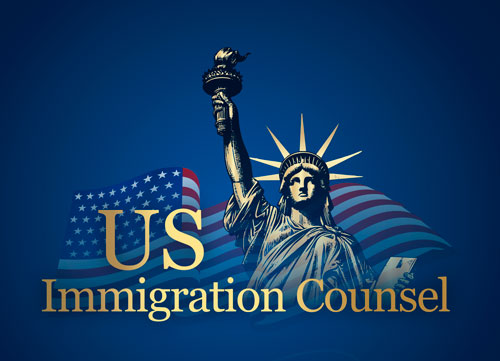EB-3 Visa
The EB-3 visa, also known as the Employment-Based Third Preference visa, allows U.S. employers to fill labor shortages by hiring foreign workers. It offers a pathway to lawful permanent residence for qualified professionals, skilled workers, and unskilled laborers.
Skilled Workers
This category is for workers whose jobs require at least two years of training or work experience. Temporary or seasonal positions do not qualify. Examples include graphic designers, reporters, some technical professionals, and stonemasons.
Professionals
Professionals are individuals who hold at least a U.S. bachelor’s degree or a foreign equivalent, and who are entering a position that requires such a degree. Common examples include engineers, teachers, doctors, and attorneys.
Other Workers
This subcategory includes individuals who perform unskilled labor that requires less than two years of training or experience. These positions often have longer wait times due to annual visa caps. Examples include janitors, caregivers, farm workers, and housekeepers.
EB-3 Visa Requirements
To qualify for the EB-3 visa, the applicant must have a full-time job offer from a U.S. employer. The employer must sponsor the applicant by filing Form I-140 (Immigrant Petition for Alien Worker).
Before filing Form I-140, the employer must first obtain labor certification from the U.S. Department of Labor. This confirms that there are no qualified U.S. workers available for the role, and that hiring a foreign worker will not adversely affect local wages or conditions.
Once the labor certification and I-140 petition are approved, and a visa number becomes available based on the applicant’s priority date, the worker can apply for lawful permanent residence (a green card).
How We Can Help
Applying for an EB-3 visa involves detailed documentation and strict compliance with immigration procedures. Our team can help both employers and applicants understand the process, confirm eligibility, and complete each required step with confidence.

